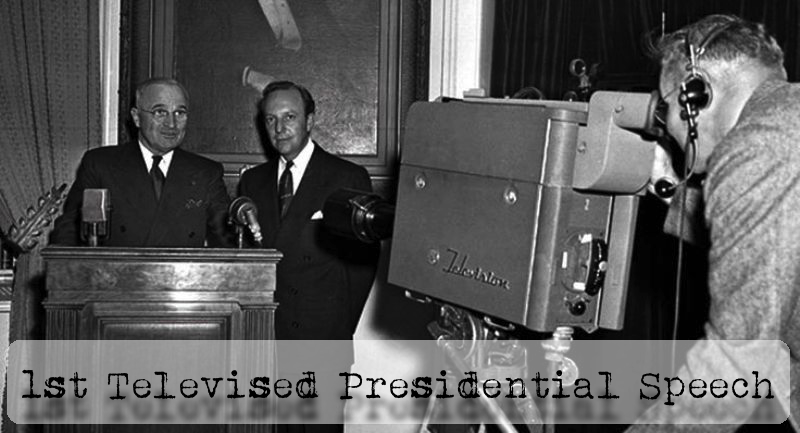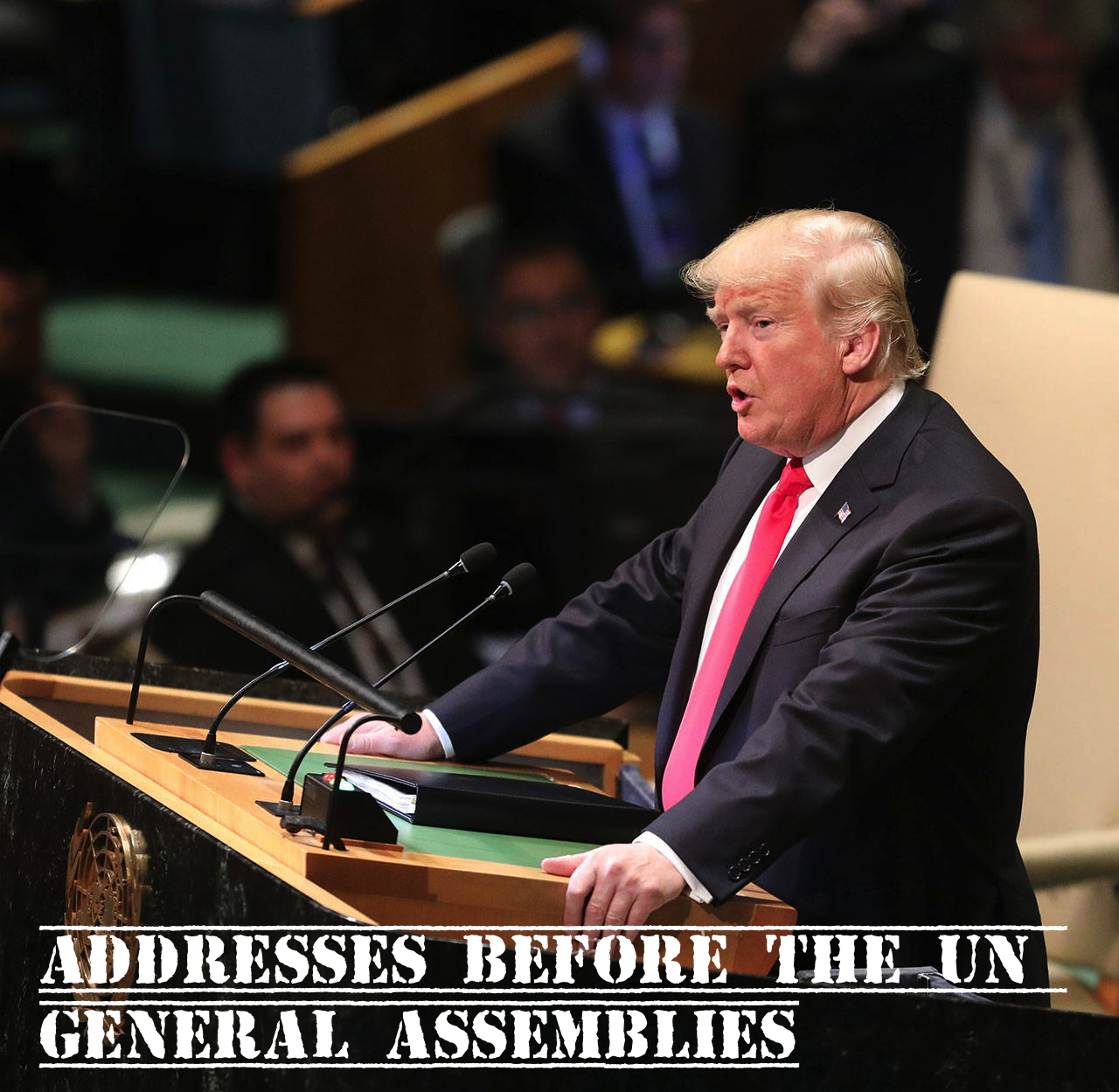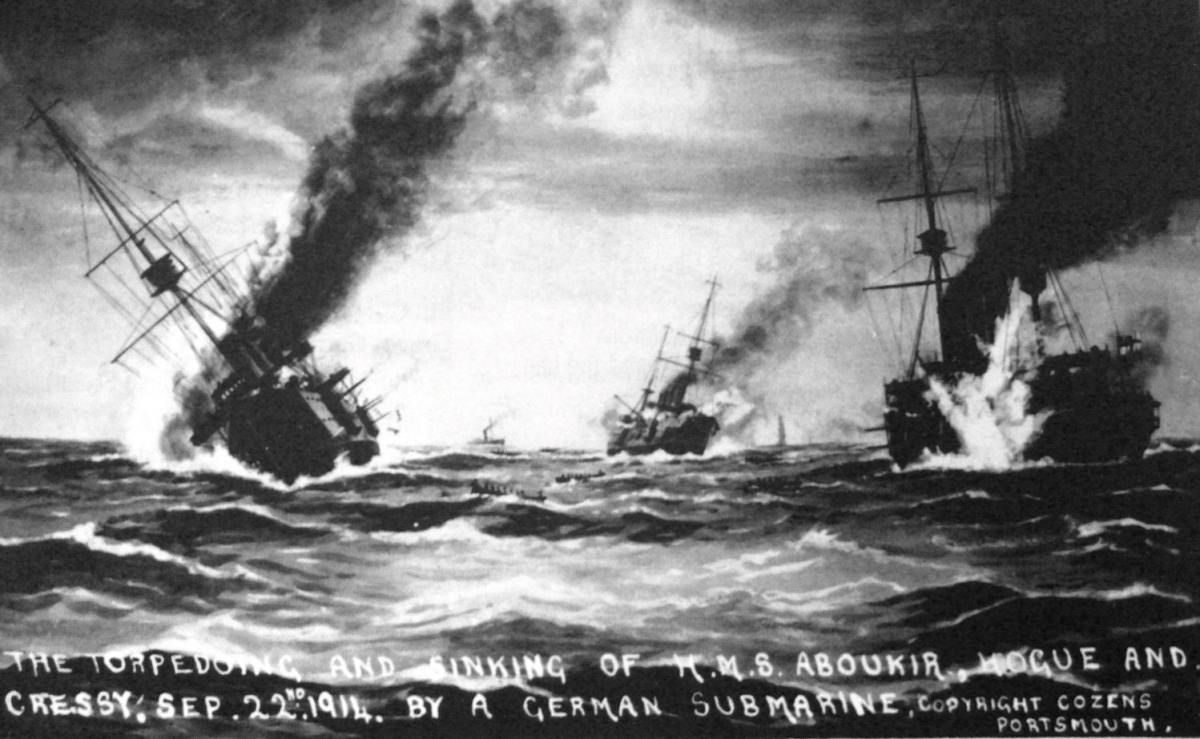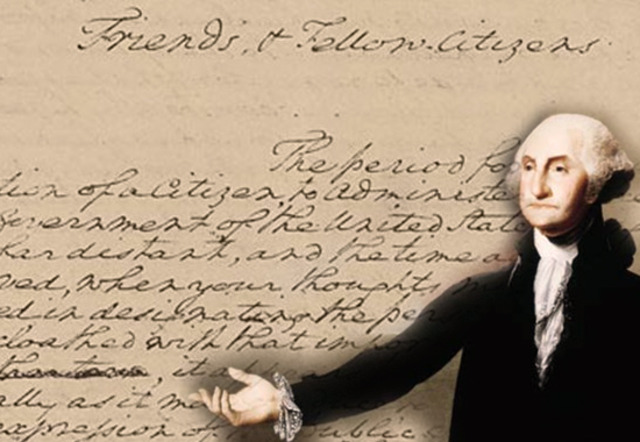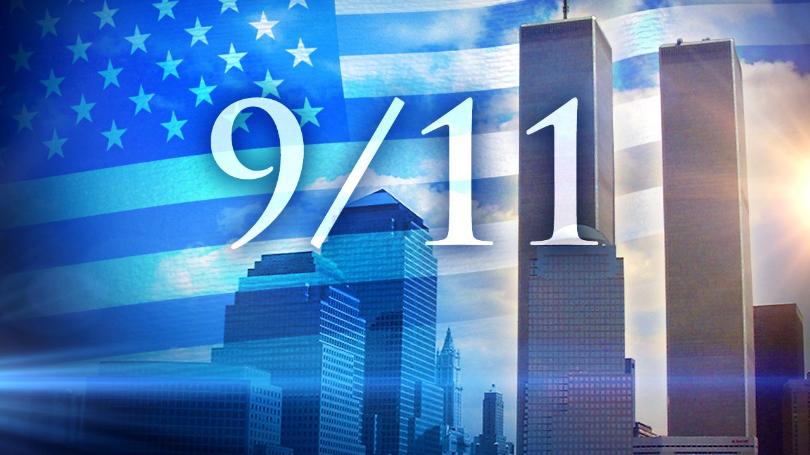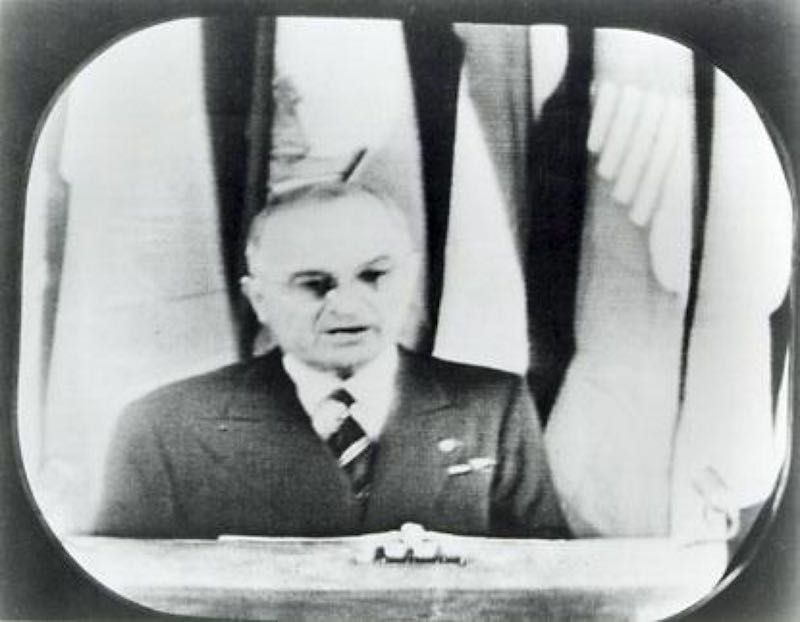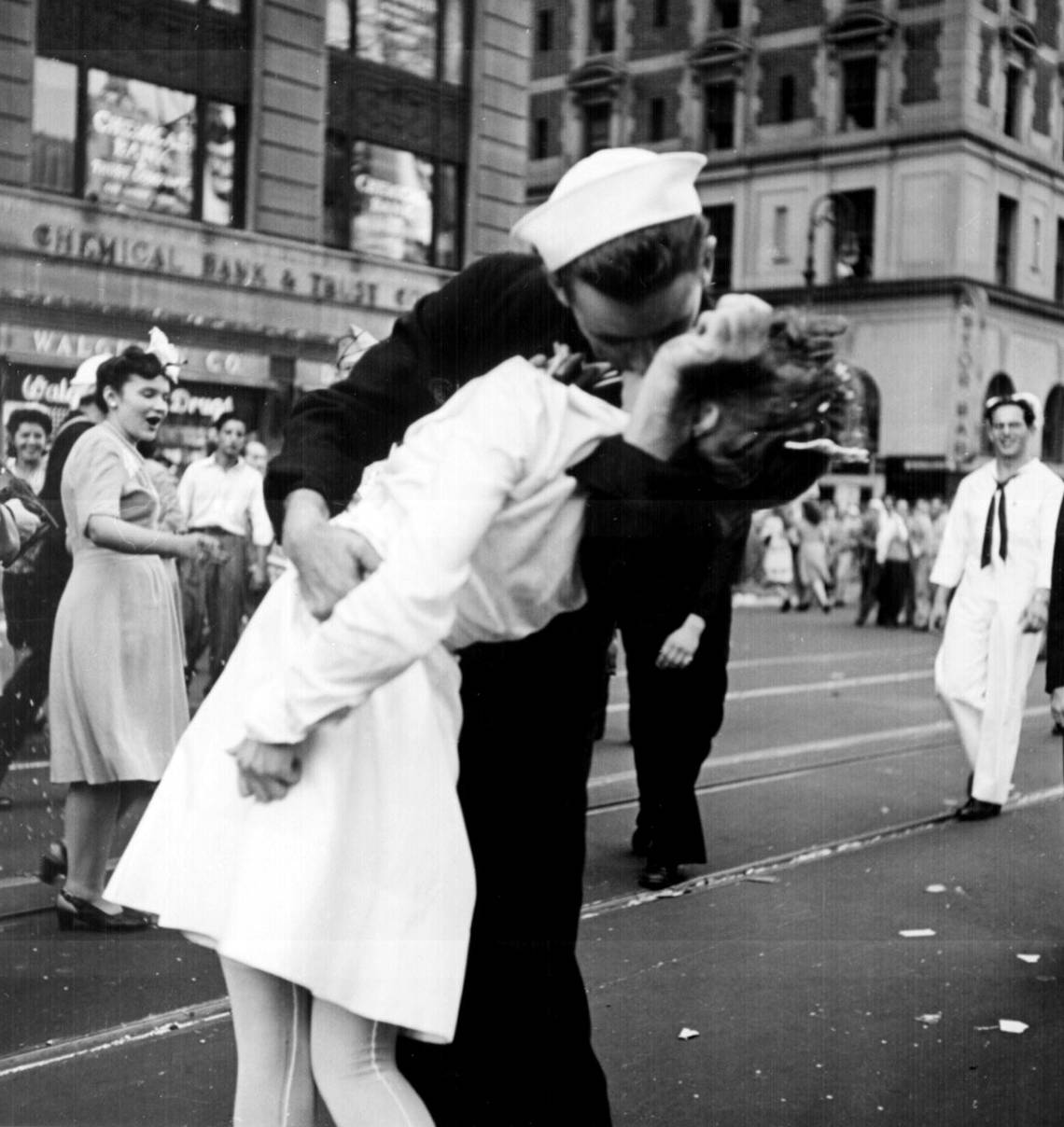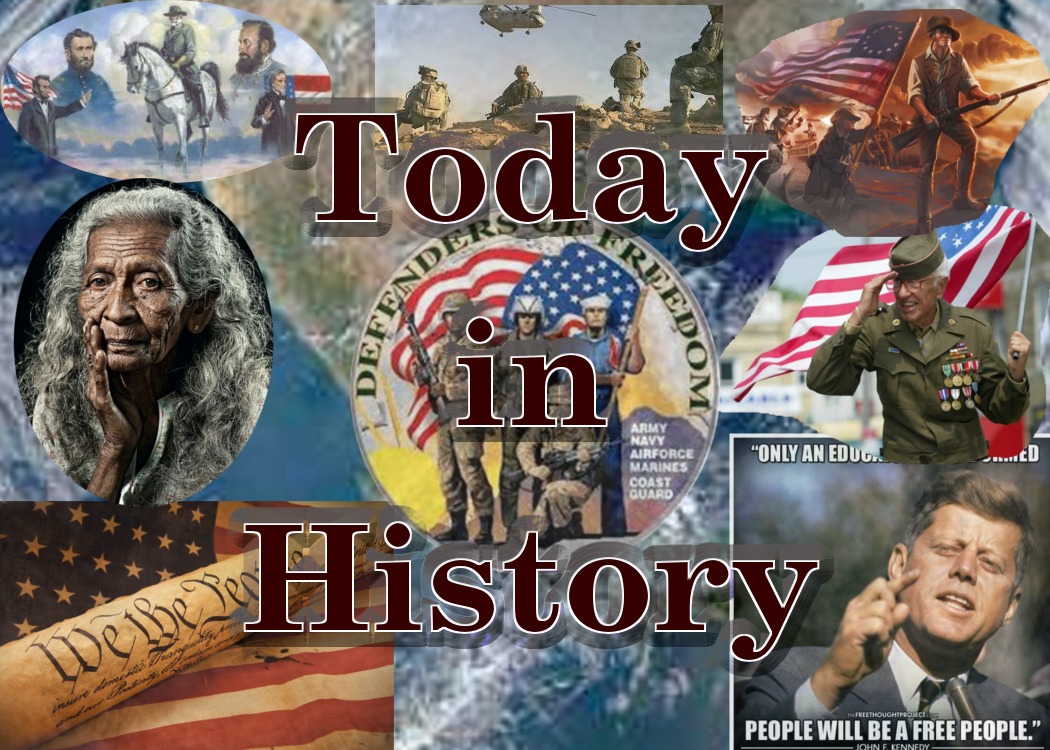Today in History: October 5, 1947 – First Televised Presidential Speech
Today in History: October 5, 1947 – First Televised Presidential Speech Last week we discussed the first ever televised Presidential debate. Today marks the 71st… Read More »Today in History: October 5, 1947 – First Televised Presidential Speech
